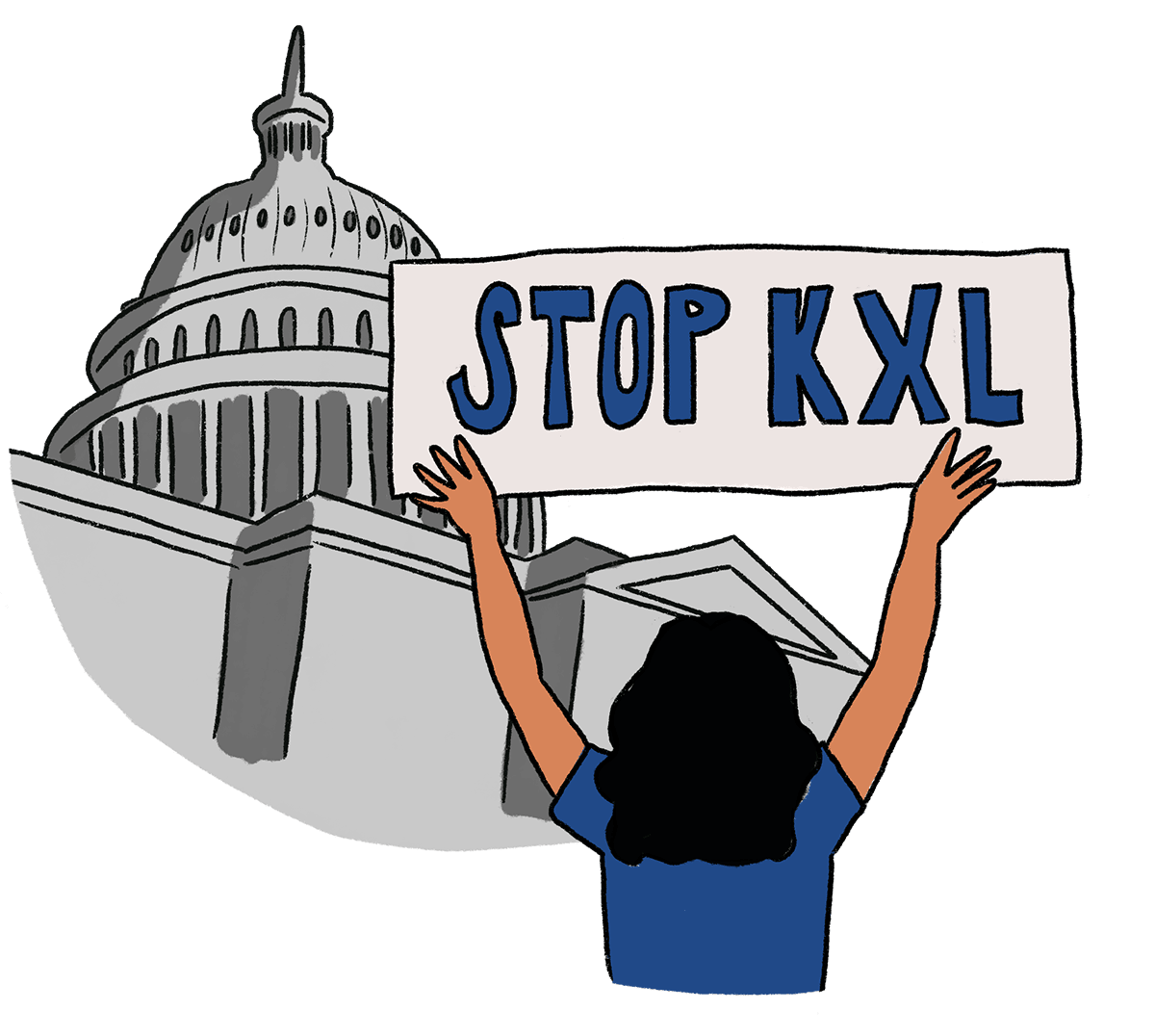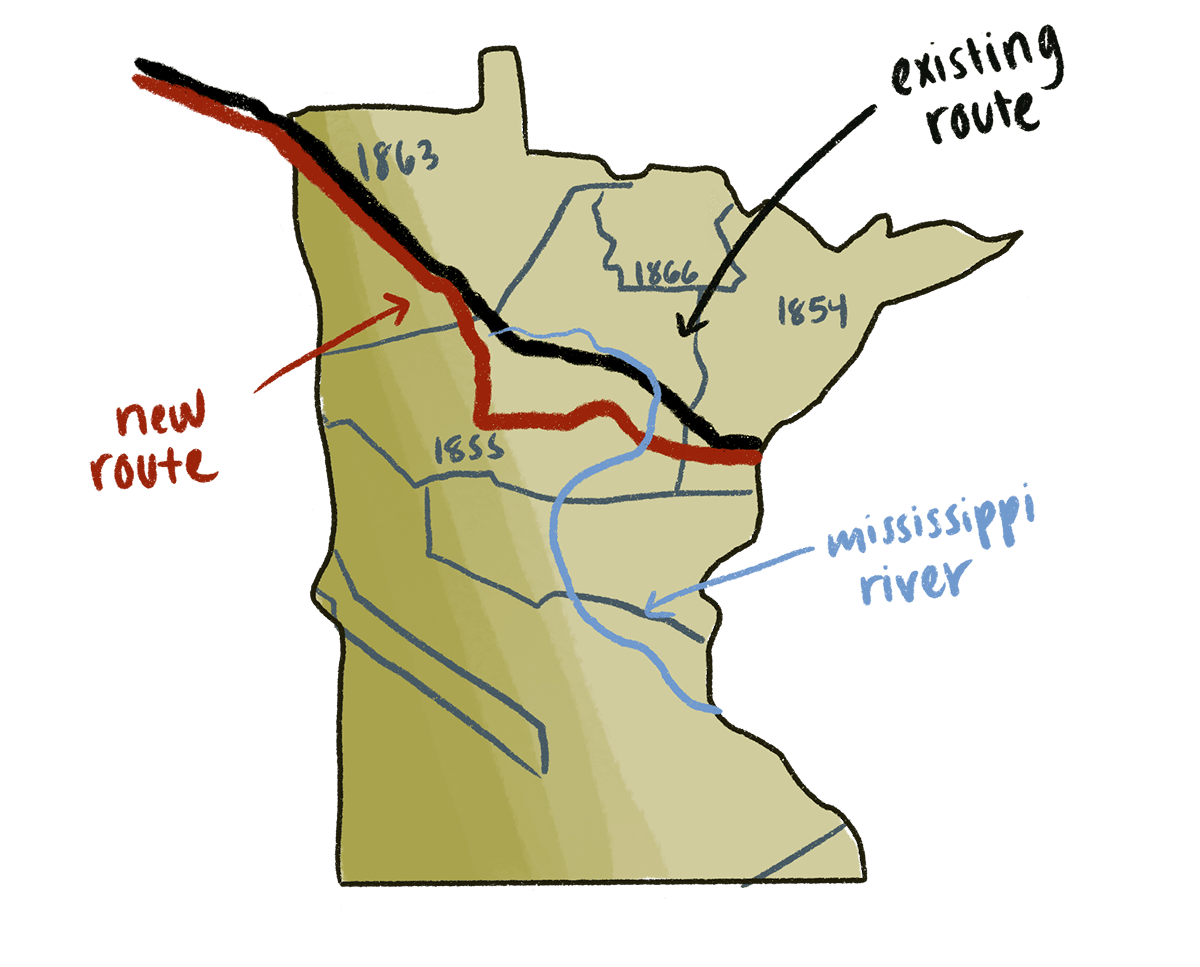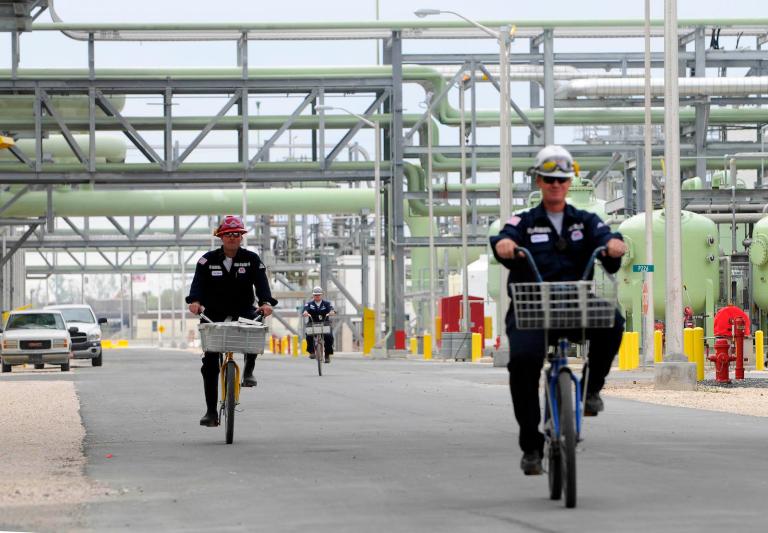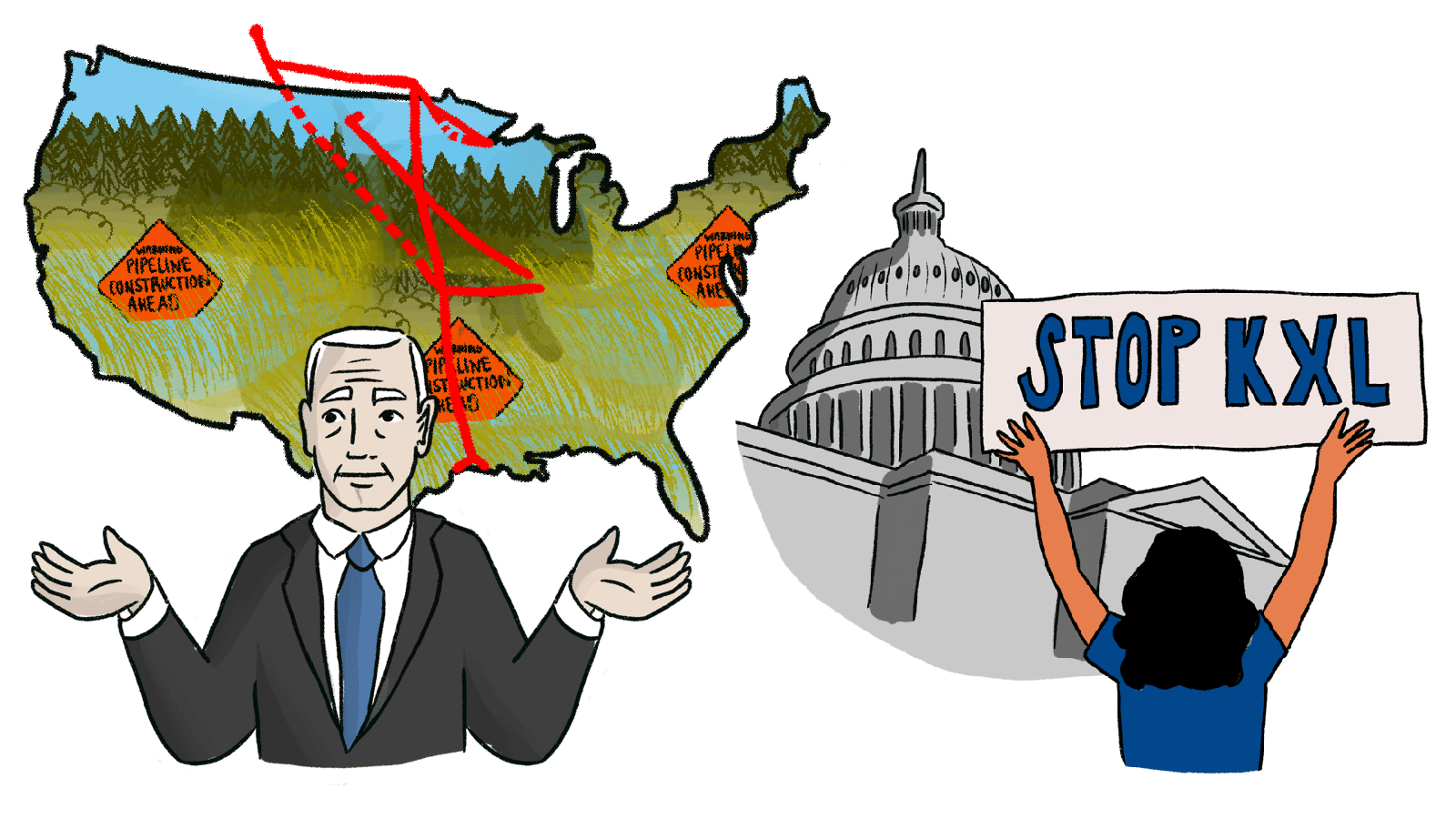This story is part of Grist’s 2021 Comic Recap — an illustrated look back on some of the year’s biggest climate stories. To read the other installments, click here and here.
This was a big year for pipeline policy. From the cancellation of the Keystone XL pipeline to states enacting harsh laws to criminalize and curb pipeline protests, the fight to stop oil and gas infrastructure saw major wins — and major losses — in 2021.

Joe Biden started his term in January by canceling the Keystone XL pipeline via executive order. That’s after more than a decade of Indigenous-led activism against the project.

But the tough-on-pipelines agenda didn’t last. In May, the Army Corps of Engineers upheld a Trump-era position, allowing the Dakota Access Pipeline to continue to operate, despite the fact that a key permit for the pipeline was canceled by a federal judge.

Over the summer, protesters flocked to Northern Minnesota where the Line 3 pipeline, which carries tar sands oil across more than 200 bodies of water, threatens Anishanaabe treaty rights and could violate U.S. treaty law.

Over 900 hundred people were arrested in protests over the summer. Many are facing felony charges.

Despite protests, the Biden administration did not cancel the pipeline, which went online on October 1st.

According to analysis by the Indigenous Environmental Network, Indigenous-led resistance to 21 fossil fuel projects has stopped or delayed greenhouse gas emissions equivalent to a quarter of annual U.S. and Canadian emissions – or about 400 coal-fired power plants.

But nationwide, the risks of protesting pipelines like Line 3 and Keystone XL are getting higher, as sixteen states have passed laws since 2017 increasing penalties, including fines and jail time, for protesting pipelines.

And Biden isn’t moving on either Line 3 or DAPL, despite his climate commitments.

Despite Biden’s refusal to stop pipelines, there’s still hope: young Indigenous land defenders and water protectors, like 17-year-old Autumn Peltier, continue to fight the construction of oil and gas infrastructure on traditional and treaty territories.

There’s no doubt protests and legal battles against major fossil fuel infrastructure projects will continue into 2022.




